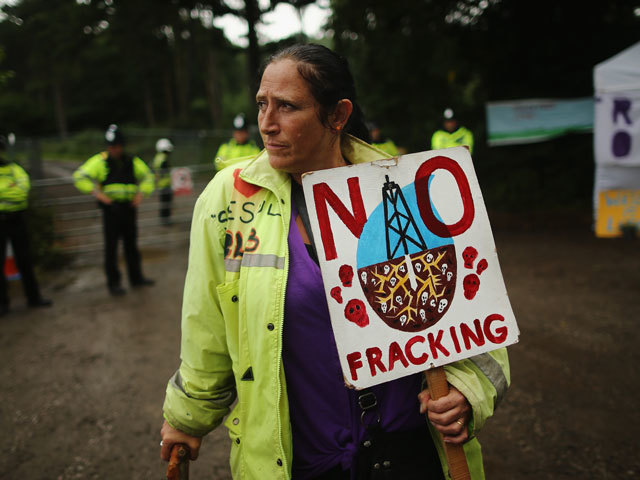
Lancashire County Council has rejected two planning applications over the course of the last week for hydraulic fracturing (‘fracking’), on traffic, noise and visual impact grounds. One site was recommended for refusal on traffic grounds, but the other was recommended for approval and was turned down against Council Officers’ advice. This decision has generated the most interest of the two.
The refusal follows several days of committee meetings, mass protest, extended periods of public input to the Council’s Development Control Committee, and a number of Committee adjournments to consider advice. The weekend also saw various interest groups publishing legal opinions which advised on both planning merit and procedure.
These are the first high-profile shale gas planning applications to be considered by a planning committee since the temporary moratorium, which called a halt to fracturing following earth tremors near Blackpool in 2011. The moratorium was lifted following a report by the Royal Society and the Royal Academy of Engineering, which stated that shale hydraulic fracturing can be safely undertaken in the UK, provided that the correct regulatory regime is in place. The decision has attracted an unprecedented level of interest on social media, and has captured international attention. But what does this refusal actually mean for the future of the shale gas industry in the UK?
This decision is not the end of the story.
The applicant is disappointed, but is considering its options, including appealing the decision. The appeal would test whether the decision to refuse was reasonable, and would look in more detail at the technical evidence that sits behind the reasons.
The committee was advised that planning officers would be unlikely to defend the reasons for refusal, as they go against their professional opinion that the application should be approved. Councillors will need to defend the technical basis for their decision themselves, or at least secure a professional who is willing to do that on their behalf. A decision on whether or not the refusal is justified will then sit in the hands of an Inspector, who will take a rational and objective view of the evidence, on behalf of the Secretary of State. The Secretary of State may also decide that the decision is of such importance that he wishes to make the decision himself.
This will cause a delay and costs for the applicant, and local business groups have already expressed concerns about how this could affect the local economy. Meanwhile, protest groups are understandably celebrating the refusal, after a long nationwide campaign to stop fracturing in the UK.
Is this the end of shale gas in Lancashire? In short, no. This particular site has not yet exhausted the appeal options, and the Government is resolutely “pro-shale”. Furthermore, the applicant needs to pursue multiple sites in order to fulfil its obligation to maximise the recovery of UK petroleum, which is set by the amended Petroleum Act 1998. Lancashire residents, businesses and councillors can all expect further planning applications in the foreseeable future.
Given the wide geographical scale of the opportunity and the legal obligation to exploit hydrocarbons, this is not likely to spell the end of shale gas in the UK.
None of the reasons for refusal are specific to hydraulic fracturing as an operation in its own right. The commonly cited concerns, like water pollution, radioactive waste or earthquake risk, do not feature at all in these refusals. This suggests the fracturing process and its associated multiple levels of regulation and oversight, is likely to be effective. These areas are not, therefore, likely to form the basis of a defendable reason for refusal.
Indeed, the reasons cited are, in our experience, amongst those more commonly cited across all development sectors.
Industry can always expect to be challenged, particularly at this time of polarised debate and heightened public interest. However, from a strategic/licence-wide perspective, the technical issues of traffic, noise or visual impact can most likely be overcome through a combination of judicious site selection processes and known mitigation techniques. Industry may choose to adopt a more rigorous approach to finding the right sites, with the least likely impact, in order to bolster their chances of securing the necessary permissions.
Within hours of the decision, Government energy ministers reiterated support for the industry, and the benefits it can bring in terms of job creation and securing an indigenous energy supply. This decision may cause ripples in investor confidence, but the UK is already on a path to deliver on shale, so it appears the question is when, rather than if. Is this the end of shale gas in the UK? In short, no.
Matthew Sheppard is a director and head of Environmental Impact Assessment at Turley planning consultants and is based in Leeds, England.